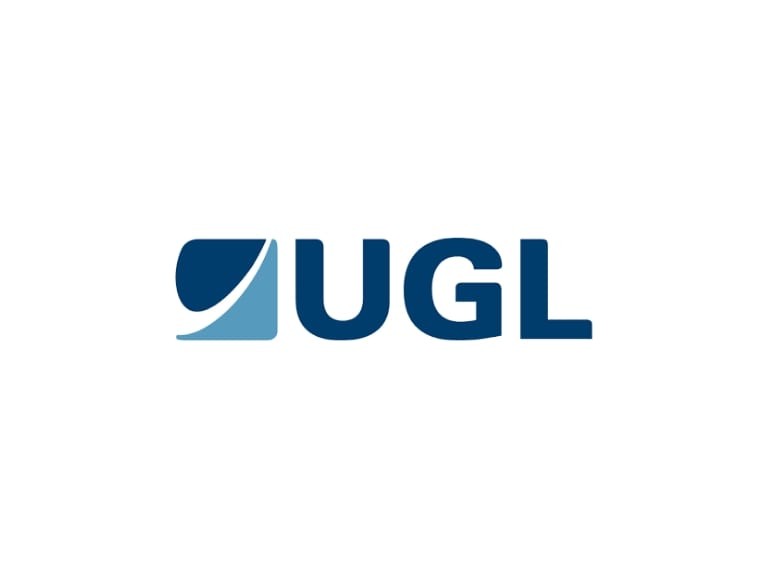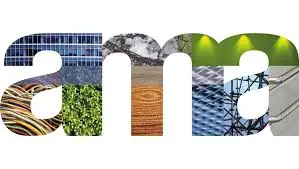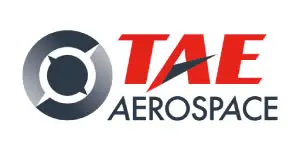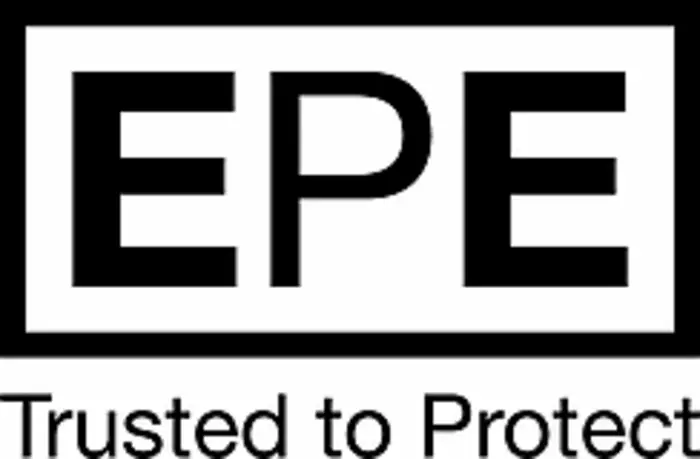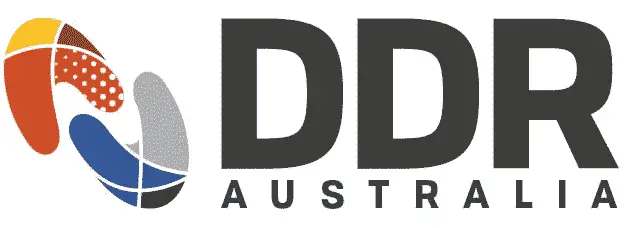GAP Industries provides specialised hazardous area electrical services, including installations, breakdown maintenance, inspections, and dossiers, across Queensland, including Southeast Queensland and North Queensland. We ensure facility compliance with AS60079 standards and safety regulations.
Overview of EEHA Services
- Hazardous Areas Installations
- Breakdown and maintenance of Hazardous Areas Equipment
- Hazardous Areas Inspections
- Hazardous Areas Dossier
What is a Hazardous Area?
A hazardous area contains flammable gases, vapours, dust, or fibres. This creates a risk of fire or explosion. These areas require specific requirements for electrical installations and safety measures to prevent accidents and ensure safe operations.
Importance of Electrical Safety
Electrical safety in hazardous areas is essential to protect workers, equipment, and the environment. Proper electrical inspections and installations help minimise risks and maintain compliance with industry standards and prevent downtime for manufacturing
Hazardous Area Electrical Services
Electrical Installation in Hazardous Areas
At GAP Industries, we specialise in the design and implementation of Hazardous installations. Our team makes sure that all installations follow all site and production safety requirements while maintaining our high standard of quality to ensure we can handle the unique challenges of dangerous environments.
Compliance with Australian Standards for Electrical Installations
We adhere strictly to Australian regulations, including AS/NZS 60079 and other all other relevant standards. Our EEHA-compliant electrical installations ensure the highest levels of safety and reliability.
Hazardous Area Electrical Inspections & Maintenance
Types of Inspections
We offer comprehensive hazardous area inspections, including:
- Visual inspections to identify potential risks
- Initial Detailed close inspections for equipment functionality
- Maintenance inspections to ensure continued compliance
- Maintenance schedules to limit downtime to plant and operations
Breakdown Maintenance for Hazardous Area Equipment
Our expert team provides quick and reliable breakdown maintenance of electrical equipment, minimising downtime and ensuring safety.
Why Regular Inspections Are Important
Routine hazardous area electrical inspections help identify potential issues early, reduce risks of failure, and ensure ongoing compliance with safety regulations.
EEHA Compliance & Certification
Understanding EEHA Compliance
EEHA compliance involves meeting strict standards for the design, installation, and maintenance of electrical systems in hazardous environments.
Certification Process for Hazardous Area Electrical Installations
The certification process includes:
- Initial hazardous area classification.
- Installation of certified EEHA equipment.
- Detailed hazardous area electrical inspections.
- Issuance of compliance documentation.
Hazardous Area Dossiers & Documentation
What is a Hazardous Area Dossier?
It’s a detailed document that records the design, classification, and maintenance history of hazardous electrical installations. Demonstrating compliance and ensuring safety is essential.
Creating Comprehensive Dossiers with GAP Industries
Our team creates clear and detailed hazardous area dossiers. We give clients a full record of their facility’s electrical systems and compliance status.
Electrical Equipment & Safety
Types of Electrical Equipment for Hazardous Areas
We work with specialised hazardous area electrical equipment, including explosion-proof enclosures, intrinsically safe circuits, and other components designed for hazardous environments.
Ensuring the Safe Operation of Electrical Equipment 1
We ensure all equipment is installed, inspected, and maintained to operate safely within hazardous area classifications, protecting both personnel and infrastructure.
Frequently Asked Questions
What is a hazardous area?
A hazardous area is a location where flammable substances or combustible dusts pose a risk of fire or explosion.
How can I ensure safety in hazardous electrical areas?
Proper electrical installation in line with site classification, regular inspections, and adherence to AS 60079 standards.
How to achieve EEHA compliance for hazardous area electrical installations?
You achieve compliance by classifying the hazardous area, installing appropriate equipment, and completing inspections and certifications according to AS/NZS standards.
How often should healthcare facilities perform electrical inspections for body protected areas?
All EEHA equipment installed within a Hazardous area should be certified to the Hazardous in which it is installed and be suppled with a IECEx or equivalent certification.
What is hazardous area classification, and how is it determined?
Hazardous area classification identifies zones based on the likelihood of explosive materials being present. GAP Industries offers services to determine and document these classifications.
How often should hazardous area electrical inspections be performed?
We provide expert services in electrical installations, inspections, and maintenance, ensuring full compliance with all relevant standards.
How does GAP Industries ensure compliance with hazardous area standards?
Conduct inspections annually or as compliance standards and risk assessments recommend during site classification.
Partner with GAP Industries for reliable hazardous area electrical inspections and installations. Contact us today to ensure the safety and compliance of your facility.
